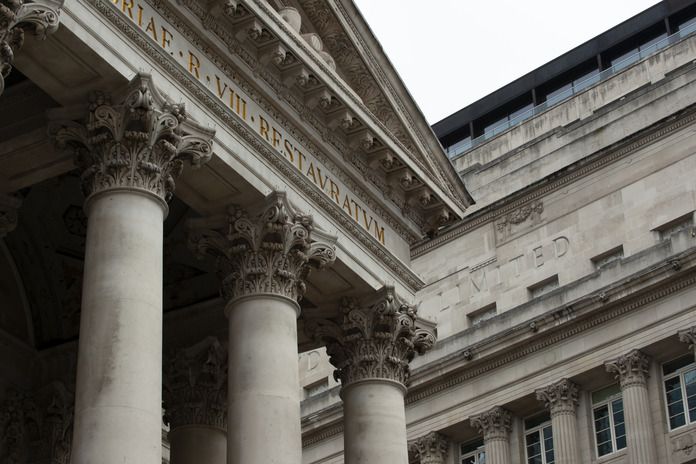WazirX Engages India’s Cyber Crimes Unit After $230M Hack

WazirX, a leading cryptocurrency exchange in India, recently faced a significant cybersecurity breach resulting in a $230 million hack. The incident has prompted the exchange to file a police complaint and engage with India’s cyber crimes unit to address the issue and recover the stolen funds. This event underscores the importance of robust security measures in the cryptocurrency industry.
The Hack and Immediate Response
The hack on WazirX has been one of the most substantial security breaches in the Indian cryptocurrency sector. Following the incident, WazirX took swift action by filing a police complaint and working closely with India’s cyber crimes unit. The exchange reported that it is collaborating with various stakeholders and other cryptocurrency exchanges to trace the stolen funds and mitigate further risks?.
Ongoing Investigations and Cooperation
In the wake of the hack, WazirX has emphasized its commitment to transparency and security. The exchange is cooperating with the cyber crimes unit and other law enforcement agencies to ensure a thorough investigation. This cooperation aims to track down the perpetrators and enhance the security protocols to prevent future incidents.
The exchange has also reached out to other cryptocurrency platforms for assistance in tracking the stolen assets. This collaborative effort highlights the importance of unity within the cryptocurrency community when dealing with security threats.
The Impact on WazirX and Its Users
The cybersecurity incident has significant implications for WazirX and its users. While the exchange is working diligently to recover the stolen funds, the breach has raised concerns about the security of digital assets on the platform. Users are advised to remain vigilant and take additional security measures to protect their investments.
WazirX has assured its users that their funds are safe and that the exchange is taking all necessary steps to secure the platform. The company has also promised to keep users updated on the progress of the investigation and any developments related to the hack.
The Broader Implications for the Crypto Industry
This hack is a stark reminder of the vulnerabilities that exist within the cryptocurrency industry. It underscores the need for exchanges to implement robust security measures and for users to adopt best practices in safeguarding their digital assets. The incident also highlights the critical role of regulatory bodies and law enforcement in maintaining the integrity of the cryptocurrency market.
The engagement of India’s cyber crimes unit in this investigation sets a precedent for future incidents. It demonstrates the government’s willingness to support the cryptocurrency sector in its efforts to combat cybercrime and protect investors.
Conclusion
The $230 million hack on WazirX has brought cybersecurity issues in the cryptocurrency industry to the forefront. As WazirX collaborates with India’s cyber crimes unit and other exchanges to recover the stolen funds, the incident serves as a crucial lesson for the entire industry. It emphasizes the importance of robust security protocols, regulatory support, and community cooperation in safeguarding digital assets.
Featured Image: Freepik © user19174002




